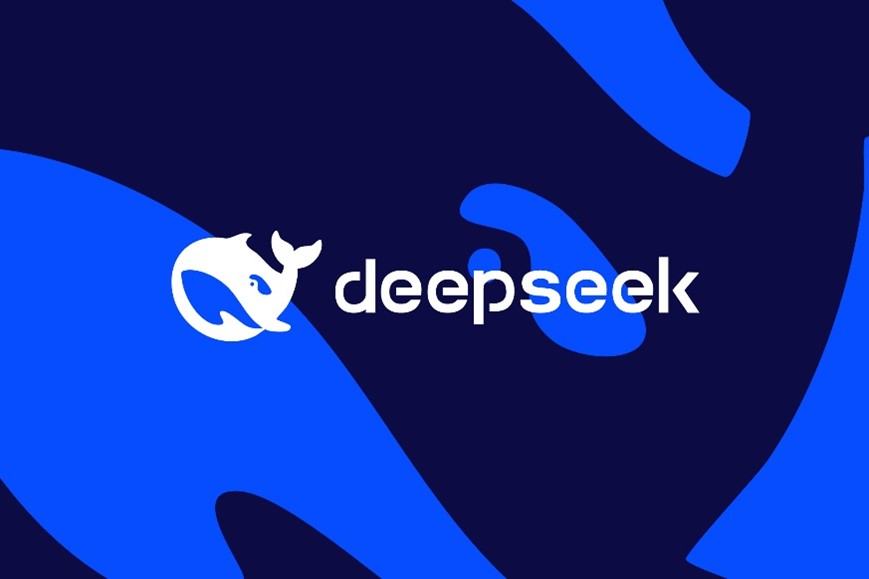DeepSeek-R1, a Chinese-developed large language model (LLM), was recently introduced to the world at a record-low $6,000,000 development cost. Most easily comparable to OpenAI’s ChatGPT, DeepSeek isn’t so different in function. However, the drastic market reaction as of late comes not from the overall functionality of the program, but rather from how the developers claim to have made such a product at a fraction of the cost and without the advanced chips found in American technology. Its launch has loudly reverberated worldwide and completely disturbed the U.S. tech industry. Only weeks ago, U.S. investors believed that they were ahead of China in the A.I. race, coming out with OpenAI over nine years ago, and steadily progressing ever since. However, after recent events, the cheaper Chinese alternative has sparked much concern for U.S. funding as many American-based tech giants have invested billions on billions of dollars in apparently-moot A.I. advancement and now face backlash. Nvidia alone has lost $600,000,000,000 in market value while Nasdaq’s stock-index has dropped by over 3%. On a larger scale, all of America’s tech titans have collectively lost over $94,000,000,000 (The Guardian).
Economically, as another consequence of DeepSeek’s astonishing production, many of the American-based tech giants that once enormously outweighed their competitors in terms of market capita and profit, have seceded. Furthermore, after DeepSeek has proved it possible to replicate such technology as such a fraction of what it would have been, people suspect that DeepSeek has equalized market competition and can now keep profit-margins in check. Investors now began to question whether or not its advantageous to indulge millions and billions of dollars into companies that now look like overpaid frauds rather than revolutionary titans.
Lastly, many have also begun to question the potency of future A.I. advancements (reminiscent of one of those Will Smith movies, I, Robot). As fears arise that the U.S. may not be able to keep up with such cheaper Chinese alternatives, some have also began to ponder the repercussions that could follow if China is able to control the global tech industry. “Dario Amodei, the CEO of OpenAI competitor Anthropic, has predicted we could see AI ‘that is smarter than almost all humans and all things’ by 2026” (Foreign Policy). Many (I, being one of them) hope that Will Smith won’t have to make yet another movie on a dystopian scenario if China or any other nation is able to continue such drastic advancements at a fraction of the price and time-development.


